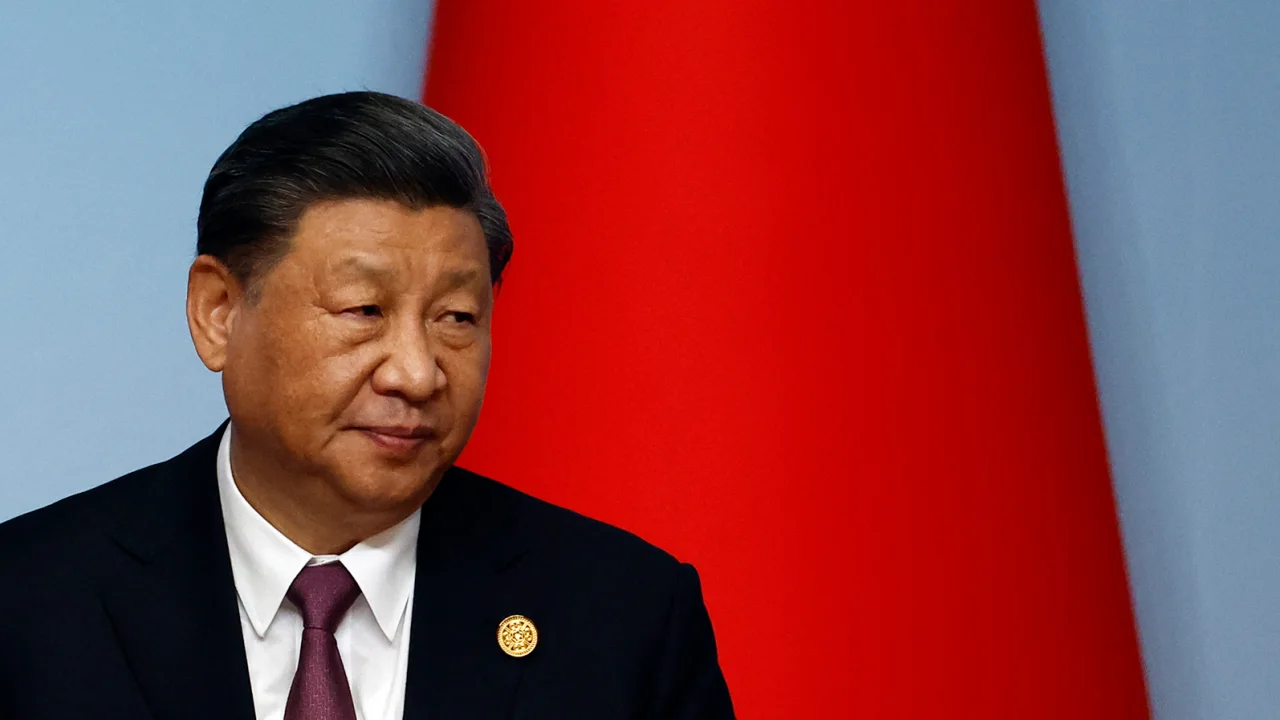Xi Jinping, the Chinese President’s decision to skip the G20 summit, is being seen in host India as a snub to New Delhi and can add a new low to the already frozen relations between the two Asian giants.
Notably, both nations have not provided any official comments on this decision. Nonetheless, analysts believe that this move has contributed to the ongoing complexities in their relationship, which includes the prolonged standoff along the Himalayan border. Global analysts are offering differing interpretations regarding Xi’s decision to forego the event.
Earlier this week, Beijing announced Premier Li Qiang, who took office in March will represent the country in the G20 Summit. It will be the first time a Chinese leader has not attended the G20 Summit since it was first held in 2008. However, Xi Jinping has only attended summit virtually in 2020 and 2021 due to the pandemic.
Apart from being seen as a snub to New Delhi, it could be a signal of his popular narrative of “the East is rising and the West is falling” and a sign of showing solidarity with Russian President Vladimir Putin, said Wen-Ti Sung, a political scientist at Australian National University.
The External Affairs Minister of India stated: “At the end of the day, countries are represented by whoever they have chosen to represent them. The levels of representation do not become the final determinant of the position of a country.”
Additionally, India has been highlighting that resolution on the frontier is intrinsic for the rest of the relationship to move forward. Beijing did not attend the G20 tourism meeting held in the month of May this year in Indian-administered Kashmir.
In the latter part of the previous month, Beijing unveiled a new map of China that incorporates Indian territories, drawing criticism from New Delhi. However, India’s Foreign Minister, Subrahmanyam Jaishankar, asserts that Beijing’s move is unrelated to the strained relations between the two countries.
Lately, President Xi made a trip to the BRICS Summit in South Africa, a bloc that the top Chinese leader is promoting as an alternative to Western-led organizations like the G7. Tensions have also emerged between these two major Asian nations concerning trade, space exploration, technology, investments, and India’s increasingly close strategic relationship with the United States, which is China’s primary competitor.
How the west has reacted?
The media in the West and the United States has hinted at the Chinese President avoiding an in-person meeting with the US President during the G20 Summit in New Delhi as one of the more tangible factors.
This is reminiscent of President Xi’s initial hesitation before ultimately agreeing to meet with the U.S. President on the sidelines of the G20 Bali Summit last November.
Furthermore, various reports have emerged indicating that President Biden has expressed his disappointment over President Xi’s absence at the G20 summit and has expressed a desire to meet with him at the upcoming APEC summit in San Francisco in November.

